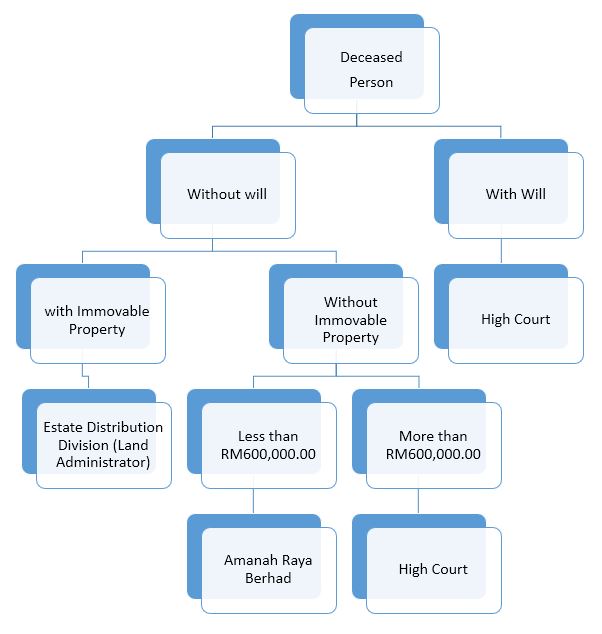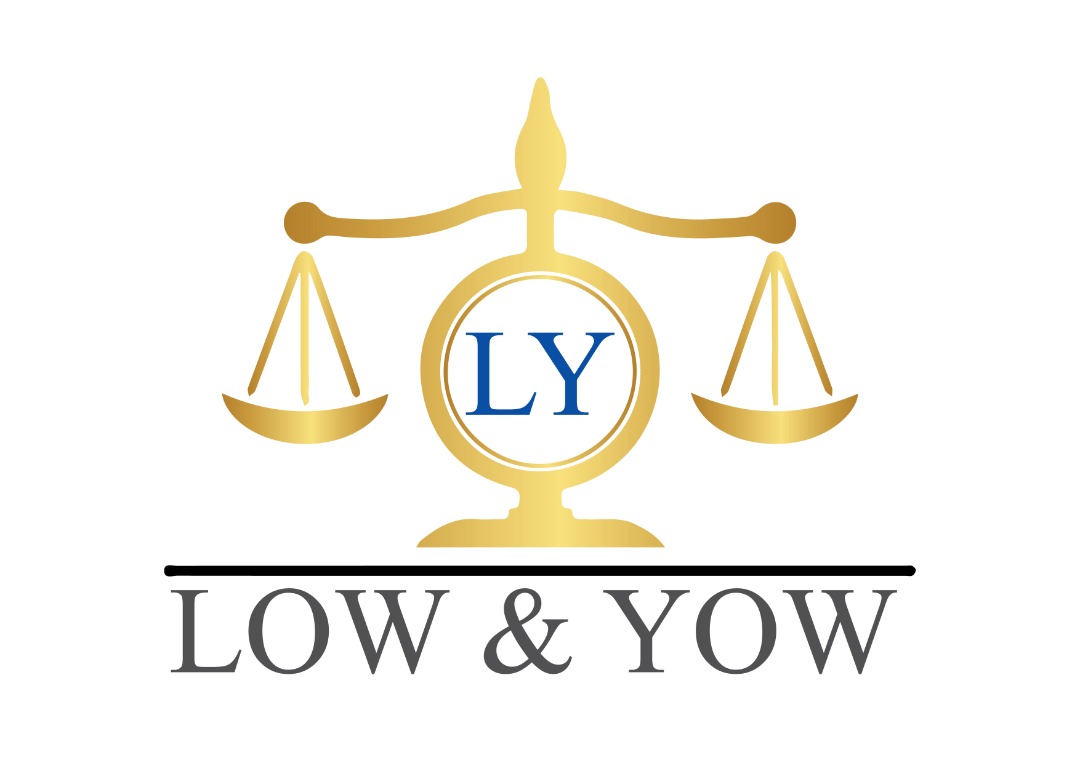Sale and Purchase Agreement
Conveyancing Practice
How come it take so long for the property to transfer to the Purchaser? This is the common problems faced by most of property purchaser.
Why?
Do you know that to transfer a property very often our colleague have to make about atleast 16 ground trips. Lets us digest:-
- 1st Trip: before you purchase the property, we conduct a land search
- 2nd Trip: After sale and purchase agreement is executed, we send the sale and purchase agreement for stamping
- 3rd Trip: lodge a private caveat over the property
- 4th Trip: forward loan documents to bank for execution
- 5th Trip: request redemption statement
- 6th Trip: collect loan document duly executed by the bank
- 7th Trip: collect redemption statement
- 8th Trip: lodge bank’s caveat
- 9th Trip: send the necessary documents such as loan documentation and transfer form for stamping
- 10th Trip: advise for drawdown of facility (we need to send the necessary documents to bank such as bankruptcy search, land search and etc)
- 11th Trip: after redemption: send discharge of charge for bank’s execution
- 12th Trip: received discharge of charge
- 13th Trip: send the necessary documents to bank to complete the transfer
- 14th Trip: Advise for final drawdown (bank need to check whether the property has been transferred and charge to bank)
- 15th Trip: collect original title
- 16th Trip: forward original title to bank
The trips above excludes if any mistake is found and amendments are needed. Example, if the loan documentation is incorrect the bank will reject, and the law firm has to collect the documents for amendment and to forward to the bank again once is amended.
I would say generally (and depends on the nature of property) it will take about 3 months to complete a transfer of property. It will be worse, if the property is subject to restriction of interest which consent of the state authority is required to transfer the property (generally applicable most of leasehold property in Malaysia).
Is there any way to expedite the matter? This is common request by most client. As most of the of the delay involved 3rd party, such as bank, land office, stamping office and etc, it is very hard to commit on a honoured promise to do so. Closely follow up may not make much difference as most organisation, authority and government body insist that action will be taken based on order where the earlier person shall be served first. Jumping queue is often discouraged unless with very good reasons.
One of the solution to the purchaser, is to have a proper sale and purchase agreement to exclude delay by third party to the computation of the completion period to make full purchase price. This will exclude you from liability to pay late payment interest in the event of unreasonable delay by third party.
Also, beside having a proper and accurate documentation, sufficient supporting personal is also very important. To further improve, have a systematic management will minimize delay and enhance efficiency. Automated, tracking (such as courier tracking) will also assist in tracking and prevent overlook.
SALE OF IMMOVABLE PROPERTY IN THE EVENT THE VENDOR HAS PASSED AWAY
When a person dies what will be necessary steps to be taken to sale an immovable property belongs to the deceased?
The Problems
In any sale of immovable property, the Vendor grant his consent to the sale. Most of the time the consent is by way of signing or affix his thumb print on the sale and purchase agreement and any other required documents. However, if the Vendor shall passes away such affair no longer possible.
Legally to sell the immovable property, a personal representative shall be appointed. The appointment of personal representative depend on the nature and value of the deceased property. If the value of the deceased property is more than RM 2 million only the High Court has jurisdiction in granting letter of administration and grand of probate. If the value of the decease property is less than RM2 million summary of which is as below:-
With Immovable Property (Property Value Less than 2 million)

If the jurisdiction of the deceased estate vested in the high court it may take as little as 3 weeks for an appointment of personal representative. In average, it takes about 1 to 3 months.
If the deceased estate worth less than RM2 million in total (and consist of wholly/partially immovable property) and die without will, Land Administrator, Estate Distribution Division, Department of General of Land and Mines shall have jurisdiction and generally it may take longer time for appointment of personal representative. Sometimes it may take about 6 months to 12 months or even longer.
Once the personal representative has been appointed and provided that:-
- there is no encumbrances and caveat over the property (in layman terms all the loan has been settled); or
- the personal representative has sufficient assets to cause all the encumbrances and caveat to be removed;
The immovable property maybe transferred under the beneficiaries name and in which the beneficiaries can sell the property.

The problem lies in the situation where the personal representative cannot meet item (i) and (ii) above. Which means the immovable property will be under the personal representative name until the encumbrances and caveat over the immovable property are removed. Normally, it can only be removed provided there sufficient assets to settle whatever outstanding over the Property. With lack of resources it maybe difficult or sometimes impossible. However, the personal representative may sell the immovable property subject to the sanction of the court. The governing law is Section 60 Probate and Administration Act 1959, which states that:-
Power of personal representative to dispose of property
- (1) In dealing with the property of the deceased his personal representative shall comply with this section.
(2) unless the Court otherwise directs, no sale, transfer, conveyance or assent in respect of immovable property shall be made without the concurrence of all the personal representatives of the deceased, and subject as aforesaid, where there are several personal representatives the powers of all may, in the absence of any direction to the contrary in the will or grant of administration, be exercised by any one of them.
(3) A personal representative may charge, mortgage or otherwise dispose of all or any property vested in him, as he may think proper, subject to any restriction which may be imposed in this behalf by the will of the deceased, and subject to this section
Provided that an executor may dispose of any property notwithstanding any restriction so imposed, if he does so in accordance with an order of the Court.
Normally, the court will not object to the personal representative application for an order for disposal of property if all the personal representative and beneficiary agreed to the disposal. In such condition it will only take 1 to 3 months for the court to sanction the sale.
